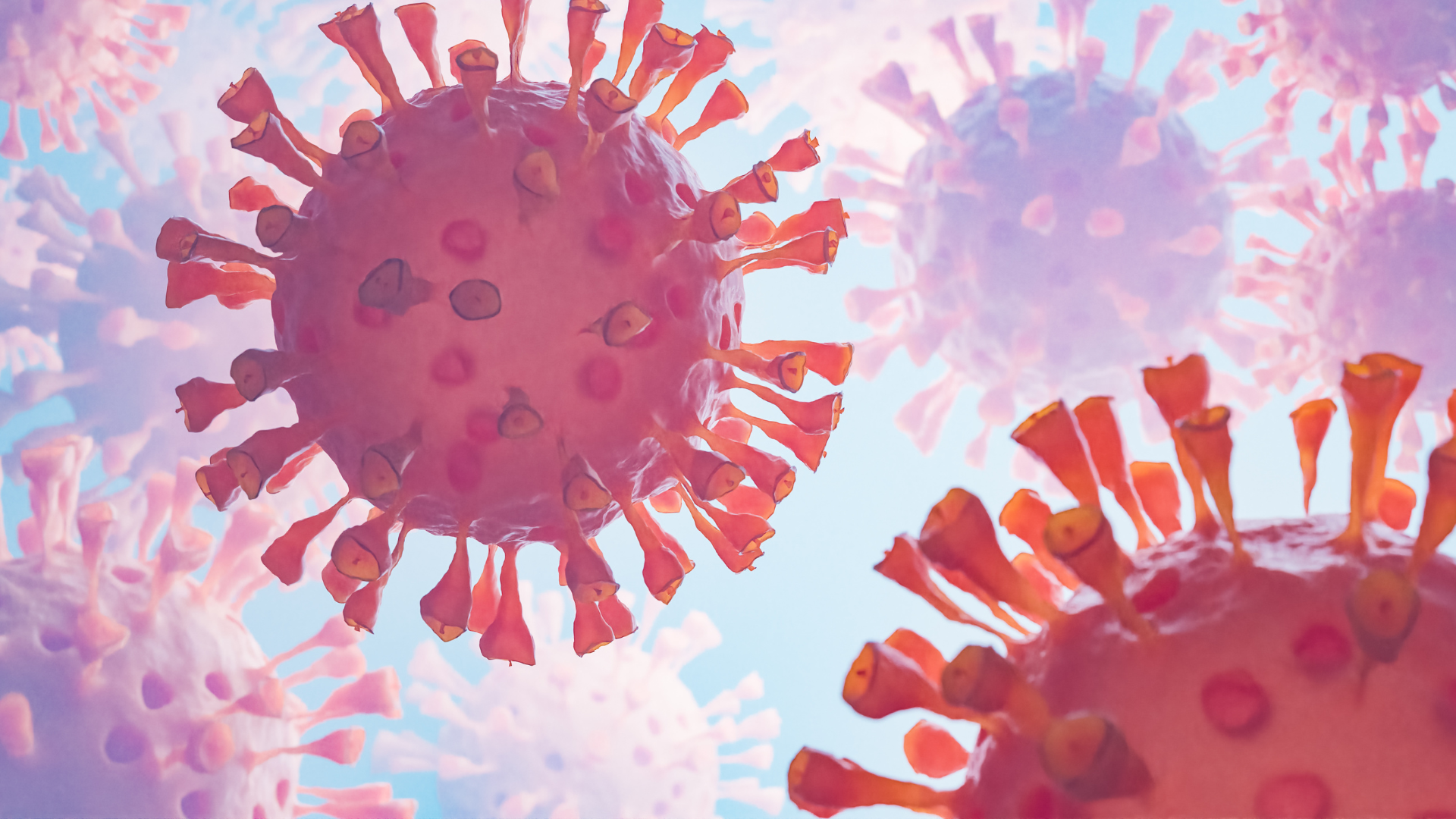Understanding Norovirus: What Students Need to Know

What is Norovirus?
Norovirus is a highly contagious virus that can cause sudden onset of vomiting and diarrhea, often referred to as “stomach flu” or “stomach bug.” However, it is important to note that norovirus is not related to the flu, which is caused by the influenza virus. Norovirus leads to acute gastroenteritis, an inflammation of the stomach and intestines.
The good news? Most people recover from norovirus within 1 to 3 days. However, even after symptoms subside, you can still spread the virus for a few days.
Types of Norovirus
There are many different types of norovirus, which is why you can catch it multiple times throughout your life. While some people may develop temporary protection against specific types, it is unclear how long this immunity lasts. This helps explain why norovirus outbreaks can affect people of all ages.
Signs & Symptoms
Symptoms of norovirus typically appear 12 to 48 hours after exposure.
Most common symptoms include:
- Diarrhea
- Vomiting
- Nausea
- Stomach pain
Other possible symptoms include:
- Fever
- Headache
- Body aches
If you contract norovirus, you may feel extremely ill, with frequent vomiting or diarrhea leading to dehydration.
Signs of dehydration include:
- Decreased urination
- Dry mouth and throat
- Feeling dizzy when standing
- Crying with few or no tears
- Unusual sleepiness or fussiness (especially in children)
Prevention Tips
While norovirus is highly contagious, there are steps you can take to protect yourself and others:
- Wash your hands: Use soap and water often, especially after using the washroom or before eating.
- Cook shellfish thoroughly: Avoid eating raw or undercooked shellfish.
- Wash produce: Clean fruits and vegetables before eating.
- Disinfect surfaces: Clean and disinfect areas that may be contaminated with norovirus.
- Wash laundry in hot water: Clean clothing and linens that may have come into contact with the virus.
- Stay home when sick: Avoid going to class, work, or public spaces for at least 48 hours after your symptoms stop to prevent spreading the virus.
Treatment and Recovery
There is no specific medication to treat norovirus, as antibiotics are ineffective against viruses. Most people recover with proper care within 1 to 3 days. To help your recovery, stay hydrated! Replace lost fluids by drinking plenty of water. Avoid caffeinated and alcoholic drinks, as they can worsen dehydration.
When to Seek Medical Help
If you or someone you are caring for experiences severe dehydration, contact a healthcare provider right away. Symptoms that require urgent attention include:
- Inability to keep liquids down
- Persistent dizziness or confusion
- Dry mouth and lack of urination for an extended period
Final Thoughts
Norovirus spreads quickly, but with proper precautions and care, you can minimize your risk and recover effectively. Stay informed, practice good hygiene, and prioritize rest and hydration if you fall ill.
If you are experiencing symptoms that you are concerned about, consult a healthcare professional for support or guidance. Medical appointments are available to McMaster students at the Student Wellness Centre.
References
Centers for Disease Control and Prevention. (n.d.). Norovirus: About norovirus. U.S. Department of Health and Human Services. Retrieved January 21, 2025, from https://www.cdc.gov/norovirus/about/index.html
Cleveland Clinic. (n.d.). Norovirus. Retrieved January 21, 2025, from https://my.clevelandclinic.org/health/diseases/17703-norovirus
Physical Health